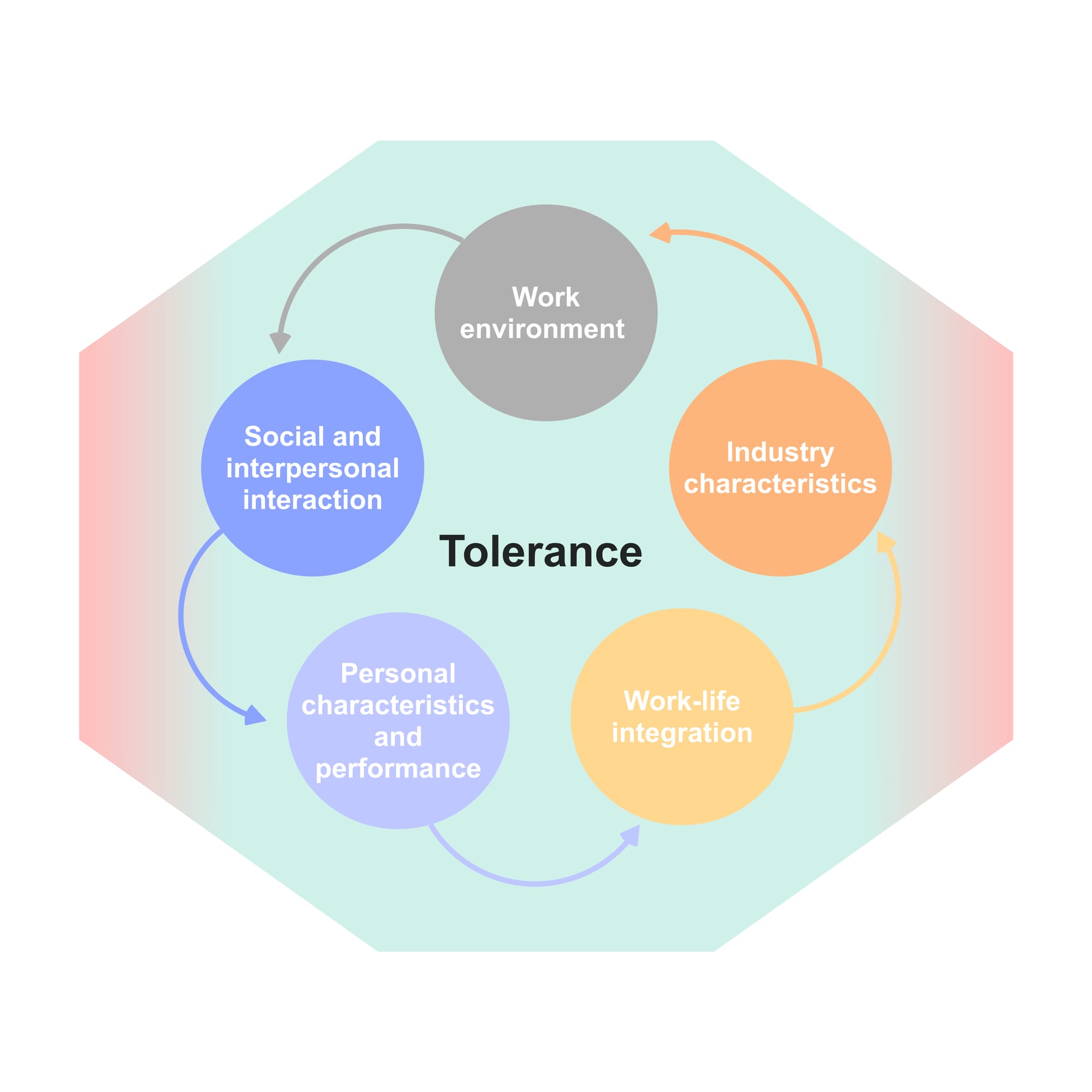The Future Outlook of Hybrid Work: Changes for work models of office workers in customer care within the precision manufacturing industry

Theme
This thesis explores the transition to hybrid work models within the Customer Care department at Fritz Studer AG, a company in the precision manufacturing industry. The study investigates the balance between remote and in-office work, focusing on the concept of "tolerance" borrowed from precision machining. This concept emphasizes maintaining an optimal balance where neither too strict nor too loose an approach is applied. The goal is to identify how hybrid work models can be effectively implemented to enhance productivity, employee satisfaction, and overall well-being in a post-COVID-19 world
Relevance
The relevance of this topic lies in its timeliness and applicability to the current business environment. As companies adapt to post-pandemic realities, understanding how to implement effective hybrid work models is crucial. This research addresses a significant gap by focusing on the office workers in customercare within the precision manufacturing sector, where remote work poses unique challenges and opportunities. Insights from this study can guide companies in creating flexible, efficient work environments that boost employee morale and operational efficiency .
Results
The thesis findings reveal that maintaining an optimal balance between remote and office work, termed "tolerance," is crucial for maximizing productivity and employee satisfaction. Trust-based policies focusing on outcomes rather than physical presence lead to higher loyalty and job satisfaction. Providing resources and training for self-discipline, along with regular in-office days or virtual team-building activities, helps maintain team cohesion and prevent isolation. The research emphasizes the need for flexible hybrid work policies that adapt to individual and project-specific needs.

Implications for practitioners
- Policy Development: Create hybrid work policies that balance the need for in-office collaboration with the benefits of remote work, accommodating individual and project needs.
- Employee Training: Offer workshops on time management, ergonomic home office setups, and productivity tools to support effective remote work.
- Wellness Programs: Encourage the use of saved commute time for personal activities and provide wellness programs or incentives for healthy lifestyle choices.
- Results-Oriented Work Environment: Shift focus to outcomes over physical presence to foster employee autonomy and satisfaction.
- Continuous Assessment: Regularly evaluate the effectiveness of hybrid work policies through employee feedback and performance metrics to ensure continuous improvement
Methods
The methodology employed an inductive, exploratory approach using grounded theory. Data was collected through semi-structured interviews with ten participants from the Customer Care department and Human Resources at Fritz Studer AG. The interviews were analyzed using the MAXQDA2024 qualitative data analysis tool, with an open and axial coding process to identify themes and patterns. This qualitative approach allowed for in-depth exploration of individual experiences and provided valuable insights into the specific work context of the precision manufacturing industry .
